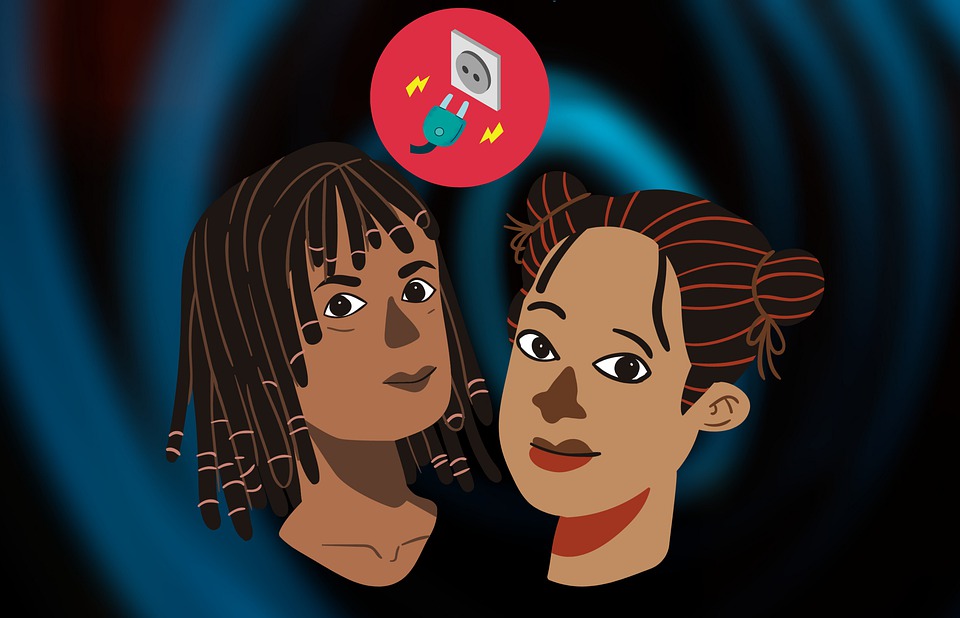A blog post providing insight on heart mind soul…
Heart
The heart is an amazing pump: On average, the heart beats about 100,000 times a day. Moreover, pumping around 2,000 gallons of blood through the body. This means that the heart circulates the entire volume of blood in the body about once a minute.
The heart has its electrical system: The heart has a specialized electrical system that regulates its beating. The sinoatrial node, located in the right atrium. It serves as the heart’s natural pacemaker, generating electrical impulses that travel through the heart to coordinate the timing of its contractions.
The heart is a vital part of the circulatory system: The circulatory system, which includes the heart, blood vessels, and blood. It is responsible for delivering oxygen and nutrients to the body’s tissues and removing waste products. The heart’s pumping action is essential for maintaining this system’s function.
The heart is sensitive to emotions: The heart is the place of emotions. Furthermore, there is some scientific evidence to support this idea. Research has shown that the heart communicates with the brain in complex ways. In addition, motions can affect heart rate, blood pressure, and other physiological processes.
The heart can change shape: The heart is a highly adaptable organ that can change its size and shape in response to various factors. For instance exercise, pregnancy, and disease. For example, regular aerobic exercise can cause the heart to grow larger and stronger. While certain conditions, such as hypertension or heart failure, can cause the heart to enlarge and become less efficient.
The heart is vulnerable to disease: Despite its resilience, the heart is also susceptible to a wide range of diseases. This includes coronary artery disease, arrhythmias, heart valve disorders, and heart failure. These conditions includes various factors, including genetics, lifestyle factors, and environmental factors.
The heart is a symbol of love and compassion: The heart connects with love, compassion, and other positive emotions. This symbolism also reflects in art, literature, and popular culture. Consequently, often used to express deep feelings of affection or concern.
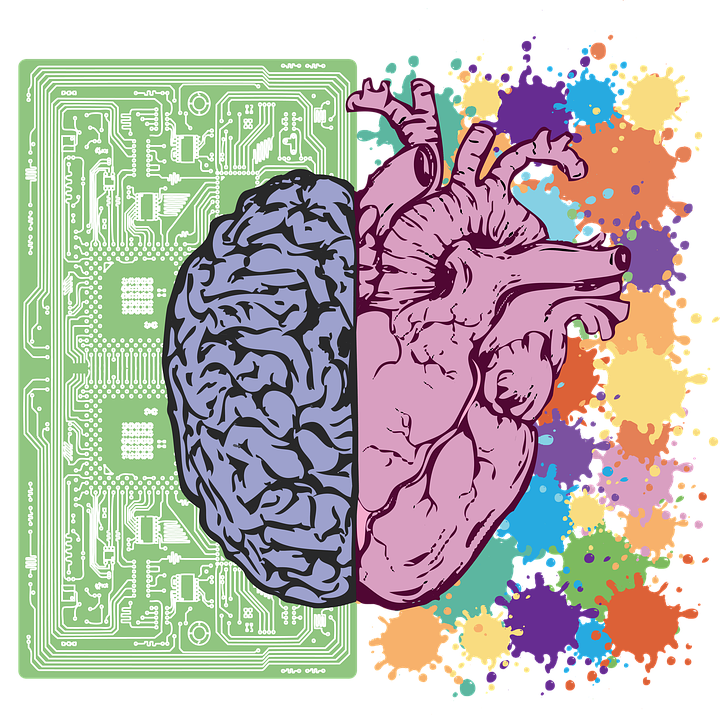
Mind
The mind is a complex system: The mind is not a single, unified entity. But rather a complex system that includes various cognitive and emotional processes. These processes interact with each other to create our thoughts, feelings, and behaviors.
The mind – both nature and nurture: Genetics play a role in shaping the mind. Environmental factors such as upbringing, education, and socialization also have a significant impact. The nature vs. nurture debate continues to be a topic of discussion in the field of psychology.
The mind is capable of both rational and irrational thought: Humans can engage in logical, rational thought processes. However, we are also prone to biases, cognitive distortions, and irrational beliefs. Understanding these cognitive limitations can help us make better decisions and avoid errors in judgment.
The mind is constantly changing: The mind is not a static entity. But rather a dynamic system that is constantly changing in response to new experiences, learning, and aging. Neuroplasticity, the brain’s ability to reorganize itself in response to new information, plays a key role in this process.
The mind-body connection is important: Research has shown that there is a strong connection between the mind and the body. Psychological stress, for example, can have physical health effects. While physical exercise paves the way to positive effects on mental health.
The mind-mental health disorders: Mental health disorders such as anxiety, depression, and schizophrenia can have a significant impact on the mind’s functioning. Understanding these disorders and seeking appropriate treatment is important for maintaining mental health.
The mind has the capacity for creativity and innovation: The human mind can generate new ideas, think outside the box, and create innovative solutions to problems. This capacity for creativity is a hallmark of human intelligence. Furthermore, it has contributed to many advances in science, technology, and the arts.
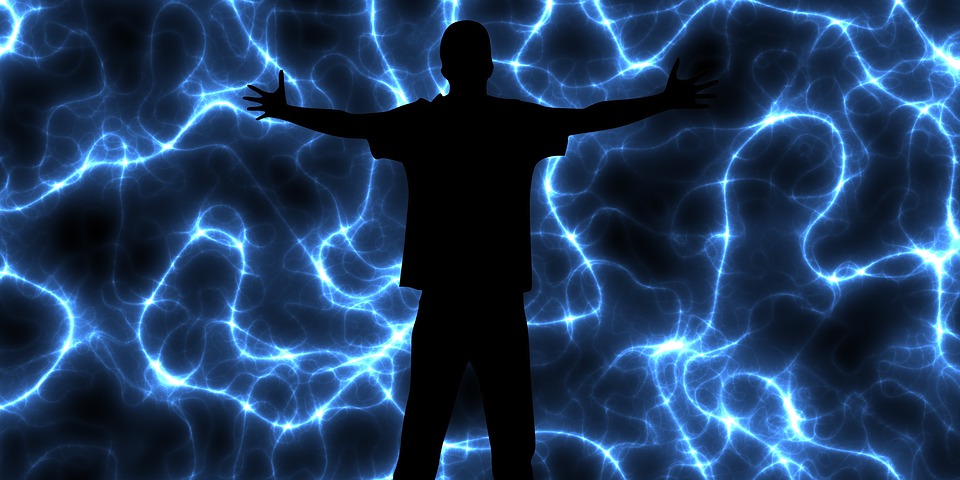
Soul
The soul is a philosophical concept: The soul is a philosophical concept that has been discussed and debated for centuries. It is the spiritual or immaterial part of a human being, distinct from the physical body.
The soul associates with religion: Many religious traditions, including Christianity, Islam, and Hinduism, include a belief in the soul. In these traditions, the soul portrays as the part of a person that continues after death. Judgments purely depend, according to their actions in life.
The soul sometimes links consciousness: Some philosophers and scientists associate the concept of the soul with the idea of consciousness or the subjective experience of being aware and perceiving the world.
The soul is not necessarily a universal belief: While the concept of the soul is common in many cultures and traditions. Not all belief systems include a belief in the soul. Some philosophical and scientific perspectives do not recognize the soul as a valid concept.
The soul – source of morality and ethics: Some philosophical traditions link the concept of the soul to morality and ethics. They suggest that the soul is the source of moral reasoning and behavior.
The soul connects with personal identity: In some philosophical and religious traditions, the soul is the source of a person’s unique identity and character.
The existence and nature of the soul are still on debate: Despite centuries of philosophical and religious discourse on the soul, its existence and nature remain topics of debate and discussion. The concept of the soul continues to be explored and redefined in different contexts and perspectives.
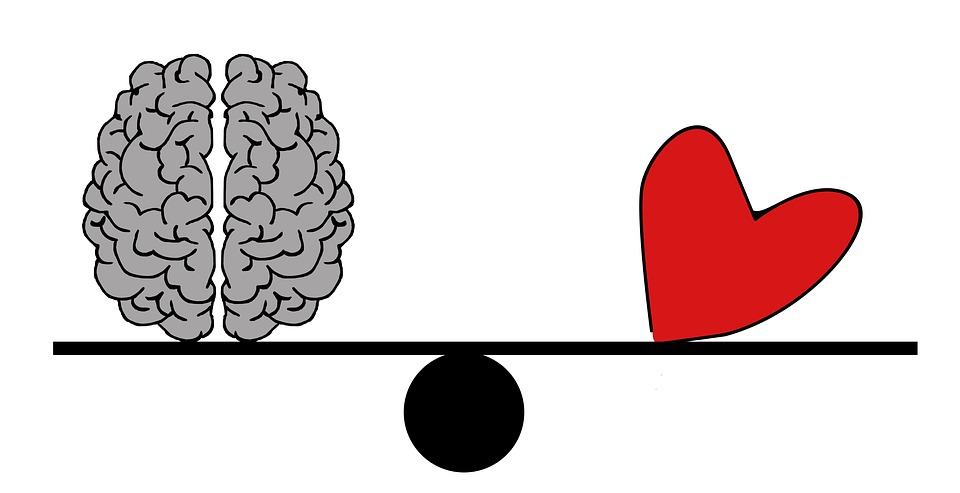
Connection
Heart Mind Soul
The connection between the heart, mind, and soul is complex and multifaceted. While each of these concepts is distinct, they are also interdependent and influence one another in various ways.
Emotional and psychological experiences can impact both the heart and soul: Emotional experiences, such as stress or joy, can impact the physical functioning of the heart, such as increasing or decreasing heart rate. At the same time, these experiences can also impact the soul by evoking feelings of happiness or sadness.
The mind and soul can interact through consciousness: Consciousness, or the subjective experience of awareness, is closely linked to the mind and soul. The mind is often seen as the seat of consciousness. The soul may be seen as the spiritual or immaterial aspect of consciousness.
Moral and ethical decisions may be influenced by the heart, mind, and soul: Making moral and ethical decisions can involve a complex interplay between rational thought, emotional responses, and spiritual values. The heart may represent our emotional and compassionate side. The mind is our rational and logical side, and the soul is our spiritual and ethical side.
The soul may provide a sense of purpose and meaning: For many people, the soul represents a deeper sense of purpose and meaning in life. This sense of purpose can influence both the heart and mind. People are motivated to pursue goals and ideals that align with their spiritual values.
Mindfulness practices can promote integration between heart, mind, and soul: Mindfulness practices such as meditation and yoga can help people cultivate greater awareness and integration between their hearts, mind, and soul. By practicing mindfulness, individuals can learn to observe their thoughts and emotions without judgment and develop a greater sense of inner balance and harmony.
If the heart, mind, and soul are not in alignment, a person may experience a sense of disconnection or inner turmoil. Here are some possible consequences:
Emotional distress: When the heart, mind, and soul are not in alignment, a person may experience emotional distress. For example, anxiety, depression, or a sense of emptiness. This can be due to a lack of clarity around values and priorities. Moreover, may also include the feeling of disconnection from one’s deeper sense of purpose.
Lack of motivation or direction: When a person’s heart, mind, and soul are not in alignment, they may struggle to find motivation or direction in life. This can be because they are not clear about their values or goals. They may feel a sense of disconnect between their inner self and their external circumstances.
Difficulty making decisions: When the heart, mind, and soul are not in alignment, a person may have difficulty making decisions that feel authentic and aligned with their values. They may feel torn between different options. They may make choices that do not ultimately bring them a sense of fulfillment.
Physical health issues: There is growing evidence that the mind-body connection is important for overall health and well-being. A person may experience physical health issues such as increased stress or chronic pain.
Spiritual disconnection: For some people, the soul represents a deeper sense of connection to the divine or a higher purpose. A person may feel a sense of spiritual disconnection or a lack of meaning in life.
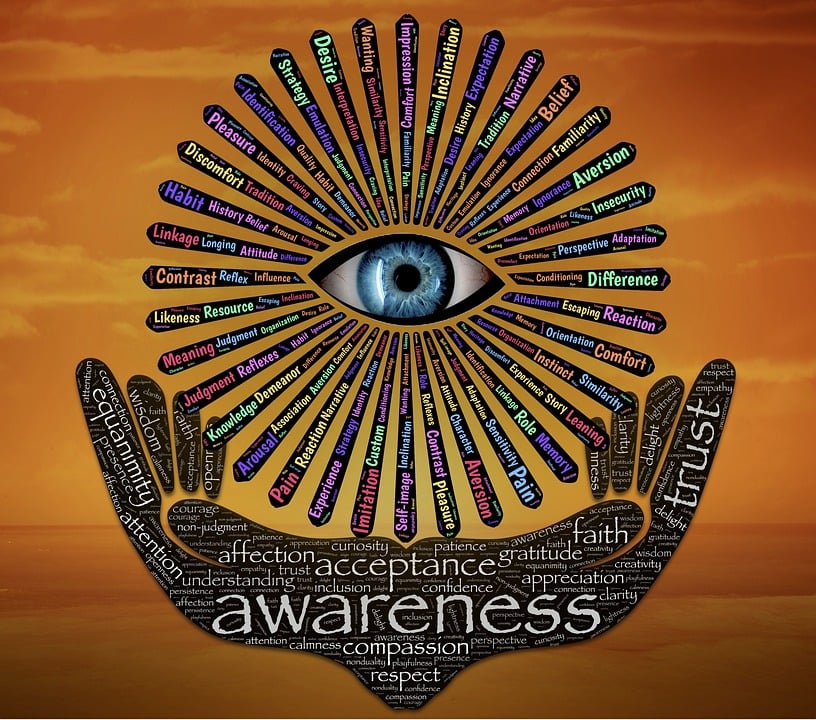
Features
Heart Mind Soul
Some general features or characteristics associated with the mind, heart, and soul:
Mind:
- Associated with rational thought and logical reasoning
- Involved in processing information and making decisions
- Can be influenced by emotions and personal biases
- Can be trained and developed through education and practice
- Associated with consciousness and self-awareness
Heart:
- Associated with emotions, feelings, and empathy
- Involved in regulating bodily functions such as heart rate and blood pressure
- Can be influenced by external stimuli such as stress or joy
- Associated with compassion, love, and connection to others
- Can be trained and developed through practices such as meditation and mindfulness
Soul:
- Associated with spiritual or immaterial aspects of human existence
- Involved in questions of meaning, purpose, and morality
- Can be influenced by religious or philosophical beliefs
- Often seen as the source of personal identity and character
- May be experienced as a sense of connection to a higher power or purpose.
It’s important to note that these features are not mutually exclusive. There is a significant overlap between the mind, heart, and soul. For example, emotions can impact both the heart and the soul. Similarly, spiritual beliefs can influence both the mind and the soul. Additionally, different cultures and belief systems may define and conceptualize these terms differently.
Conclusion
In conclusion, the heart, mind, and soul are three complex and interconnected aspects of human existence that play important roles in shaping our thoughts, emotions, and behaviors. While each of these concepts is distinct, they are also interdependent and influence one another in various ways.
The mind associates with rational thought and logical reasoning. It processes information and helps to make decisions. The heart associates with emotions, feelings, and empathy. It regulates bodily functions such as heart rate and blood pressure. The soul associates with spiritual or immaterial aspects of human existence. It involves questions of meaning, purpose, and morality. When the heart, mind, and soul link and are in alignment, a person may experience a sense of inner harmony and well-being. However, when these aspects are not on the same track, a person may experience a sense of disconnection, emotional distress, and a lack of meaning or direction in life.
Overall, understanding the relationship between the heart, mind, and soul can help us cultivate greater awareness, balance, and harmony in our lives. Accordingly, may lead to a deeper sense of fulfillment and purpose.
